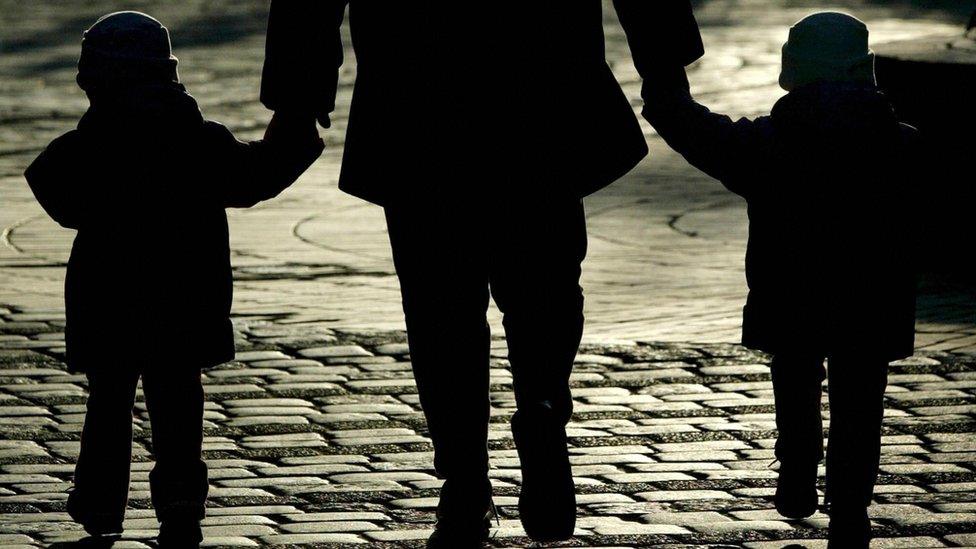Benefits cap: Five single parents lose Supreme Court challenge
- Published
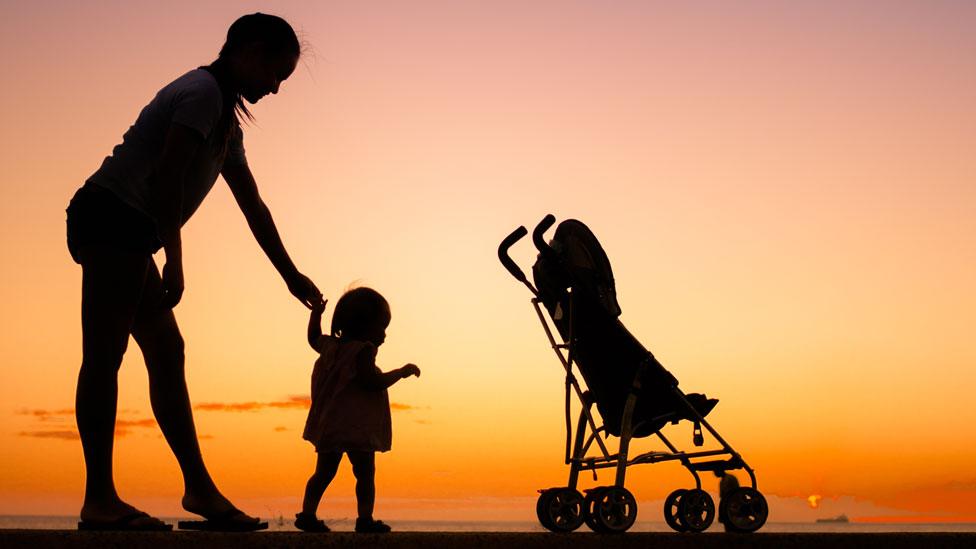
Single parents and their children have lost challenges against the government's controversial benefits cap at the UK's highest court.
They said it was discriminatory to cap state benefits at £20,000 a year, or £23,000 for those in London.
Lawyers for the group of five women said the cap had left many families unable to afford basic necessities.
But Supreme Court justices rejected their appeals on Wednesday, saying it did not breach their human rights.
Parents can escape the cap by going out for work - a lone parent must do so for 16 hours a week.
But lawyers representing the lone parents said housing benefits had been "drastically" reduced by the cap.
They argued they should be exempted because of the difficulty for a single parent to find work and arrange childcare.
Lord Wilson, announcing the appeal had been rejected by a 5-2 majority, described the legislation which introduced the revised cap as "tough", and said the court had been faced with a "difficult" decision on the appeals.
Lady Hale ruled in favour of the women, saying it seemed to be "a clear case where the weight of evidence shows that a fair balance has not been struck between the interests of the community and the interests of the children concerned and their parents".
All seven justices agreed the cap has had a "major impact on lone parents with children under school age" because it "is particularly difficult for them to go out to work".
But Lord Wilson said "we cannot go so far as to say that this application of the cap is manifestly without foundation".
'Left with 50p a week'
Campaigners said the decision was very disappointing.
Shelter chief executive Polly Neate described it as "a blow to the many lone parents who are struggling to keep a roof over their children's heads due to the benefit cap".
She added: "Some families we work with are left with 50p a week towards their rent.
"The court heard extensive evidence that the cap is not meeting the government's intended aims and is, in fact, causing severe hardship and destitution for families."
And Carla Clarke, head of strategic litigation for the Child Poverty Action Group, said the benefits cap was "increasing poverty while failing to deliver on its principal aim of work incentivisation".
"There are very real and practical reasons, recognised by the court, as to why such a lone parent struggles to find sufficient work to escape the cap," she said.
"Yet, while failing to achieve its aim of getting such lone parents into work because of those wider obstacles they face, the cap, in the words of the court, 'push(es) a family well below the poverty line'.
"We continue to believe that the cap is structurally flawed and that pushing families who can't work deeper into poverty is totally unacceptable."
- Published9 May 2019
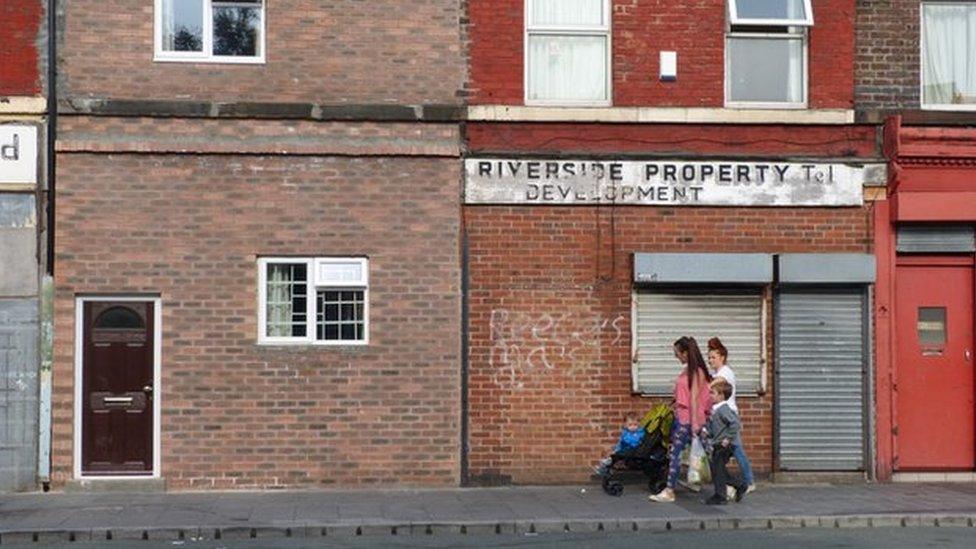
- Published22 March 2019
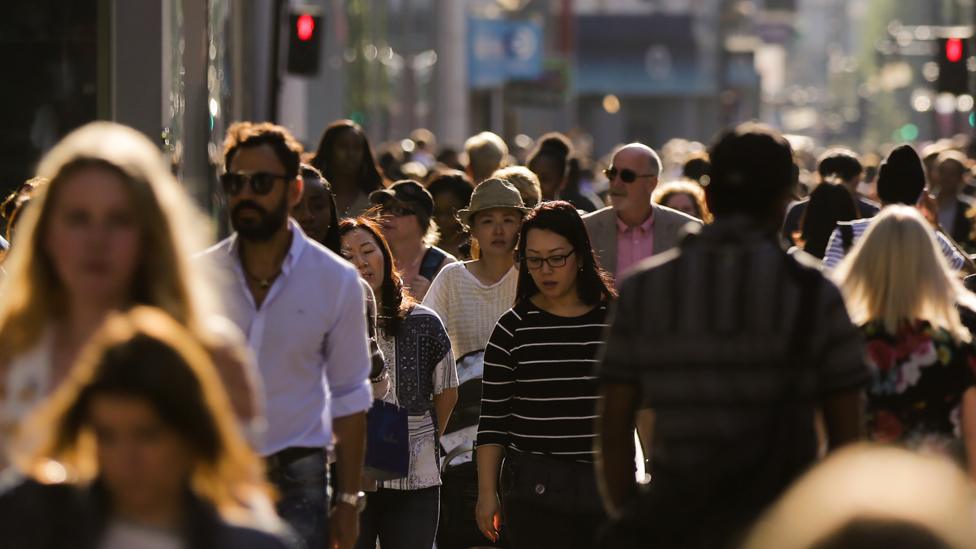
- Published8 March 2019

- Published22 June 2017
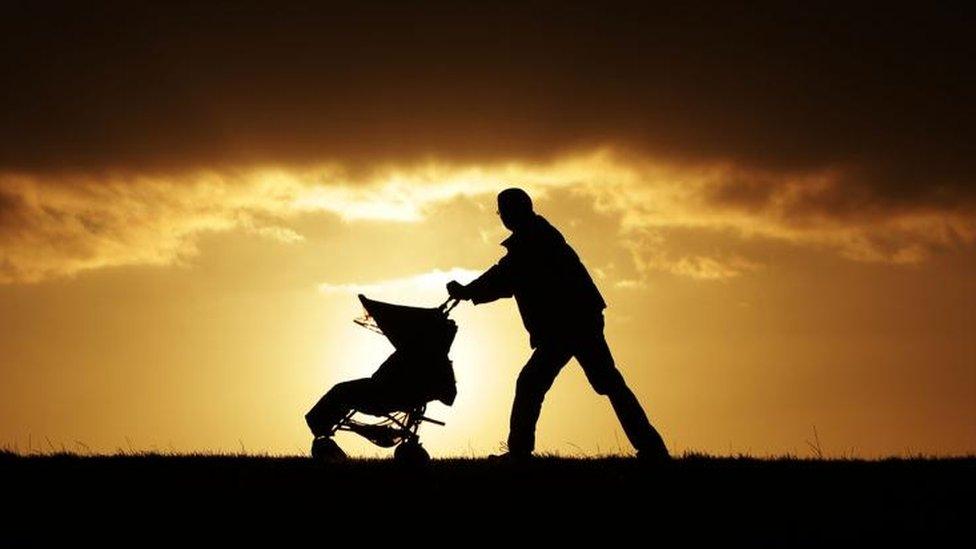
- Published7 November 2016
